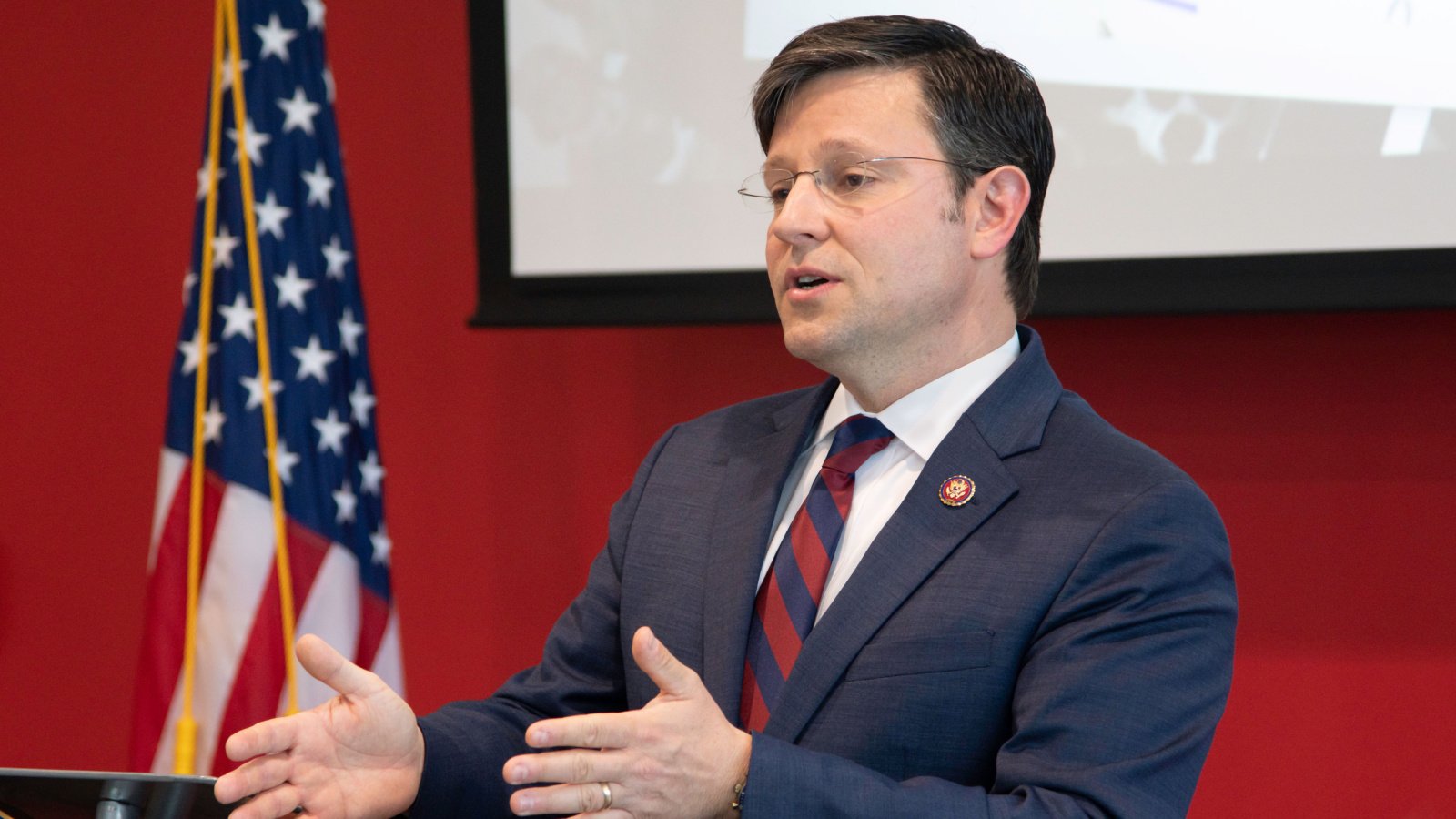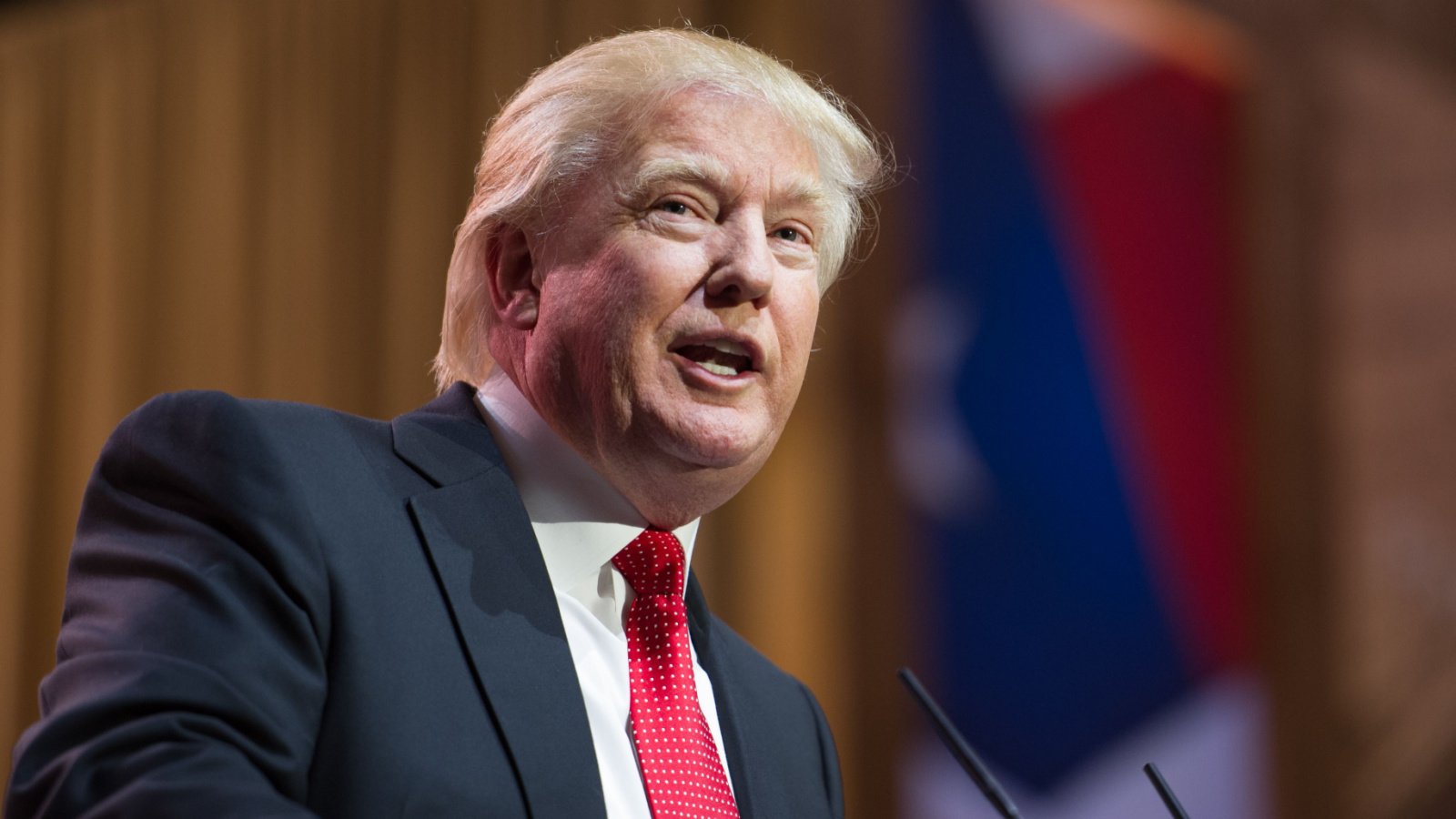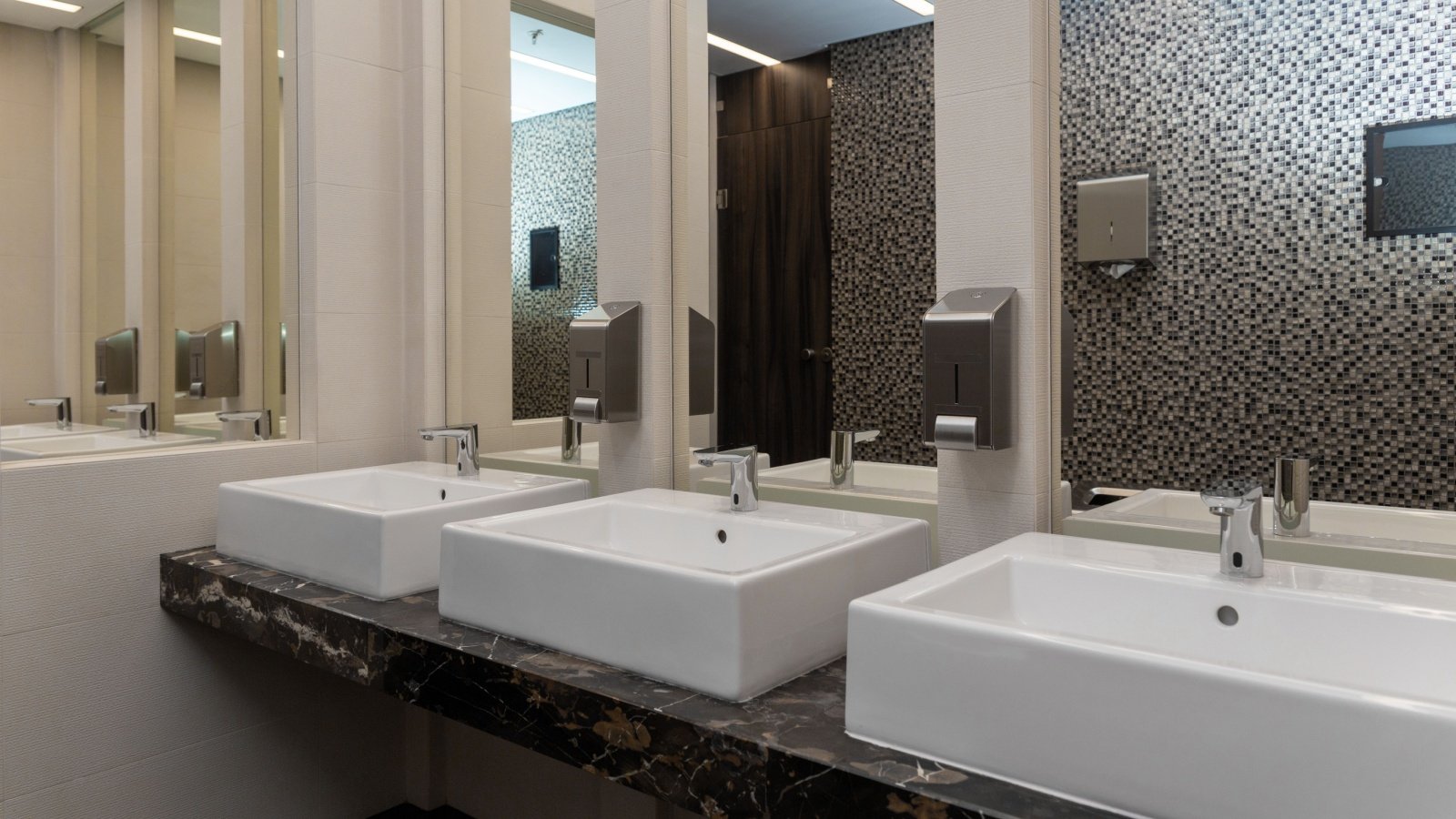Former President Donald Trump and Speaker Mike Johnson (R-La.) are uniting to champion a piece of legislation designed to block noncitizens from voting in federal elections. This effort was spotlighted in a USA Today report, marking a significant collaboration between two prominent Republican figures.
Upcoming Meeting at Mar-a-Lago
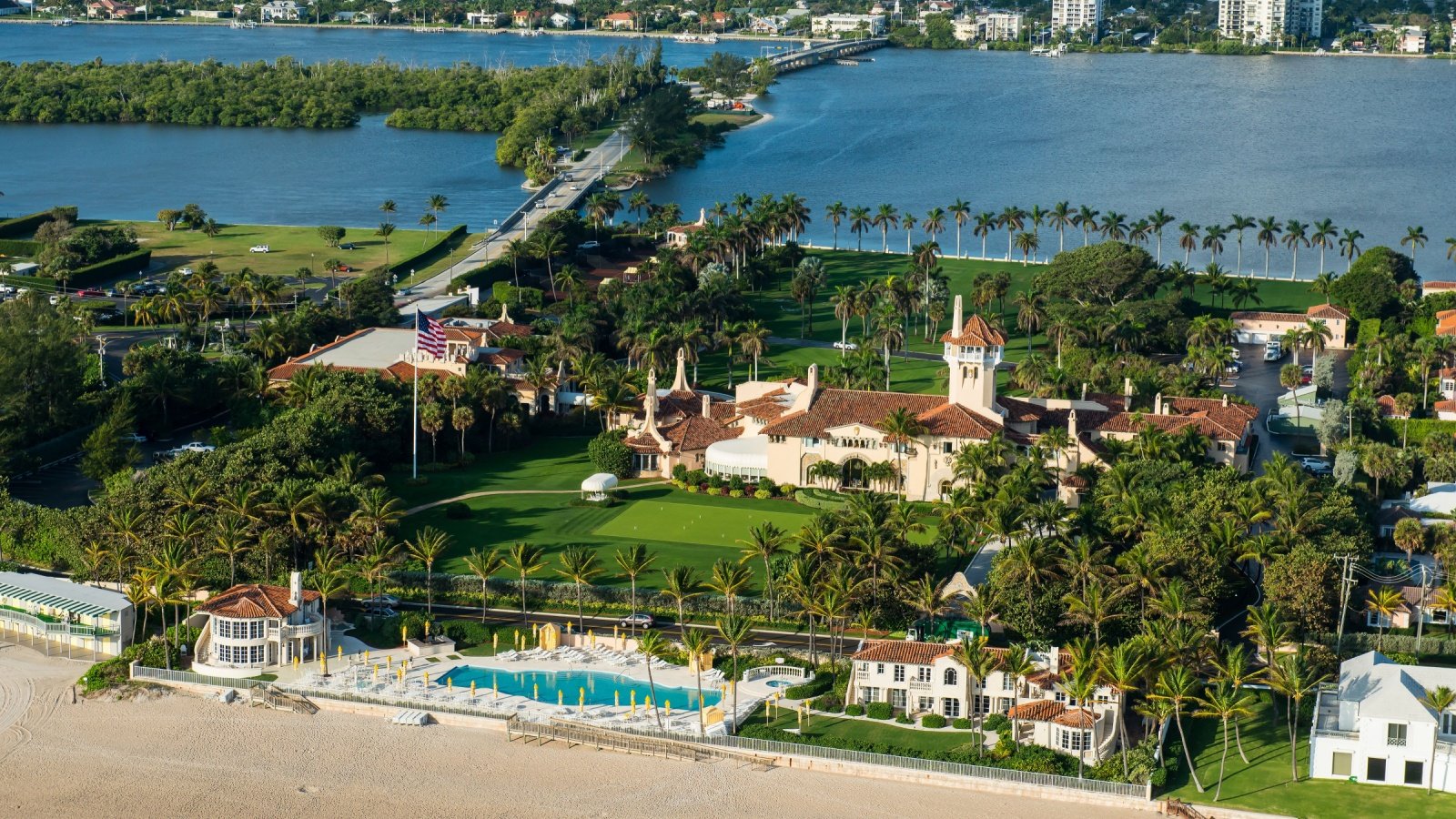
In an effort to gain momentum for this legislative proposal, Speaker Johnson is scheduled to visit Trump at his Mar-a-Lago estate. This visit comes at a critical juncture, with Johnson facing challenges from within his party due to disagreements over bipartisan initiatives in the House.
A Bid for Party Unity

The partnership on this issue provides an opportunity for Trump and Johnson to showcase their alliance on a topic that resonates with many Republicans. It’s seen as a potential way to bridge the gap between Johnson and the conservative members of the House, particularly following a recent procedural setback related to surveillance legislation.
The Controversy Behind the Proposal
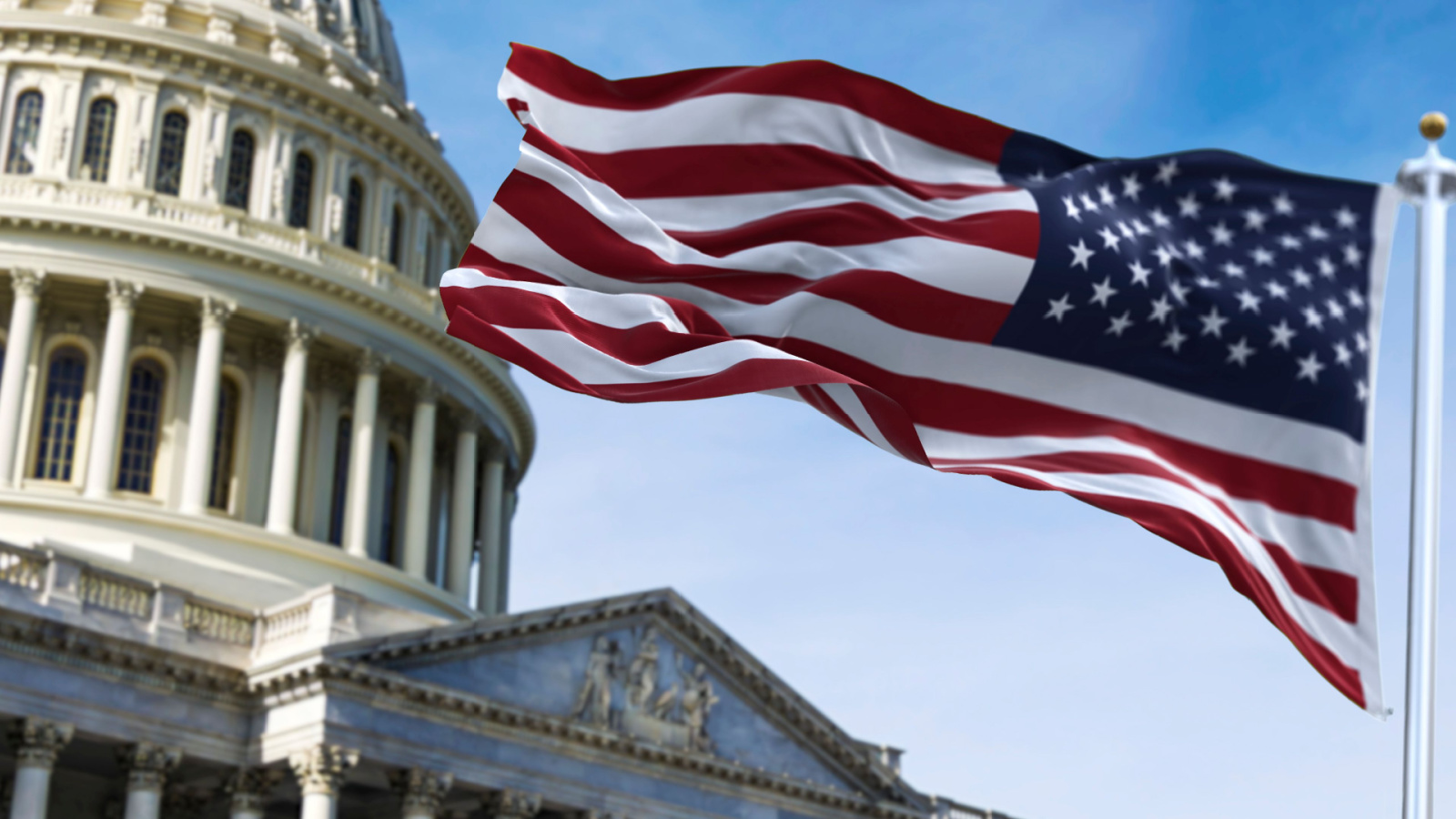
Despite the collaboration, the underlying issue that the proposed legislation aims to tackle—noncitizen voting in federal elections—is both infrequent and already against the law. The Heritage Foundation’s database indicates a minimal number of such cases relative to recorded instances of voter fraud.
Legal Prohibitions Against Noncitizen Voting
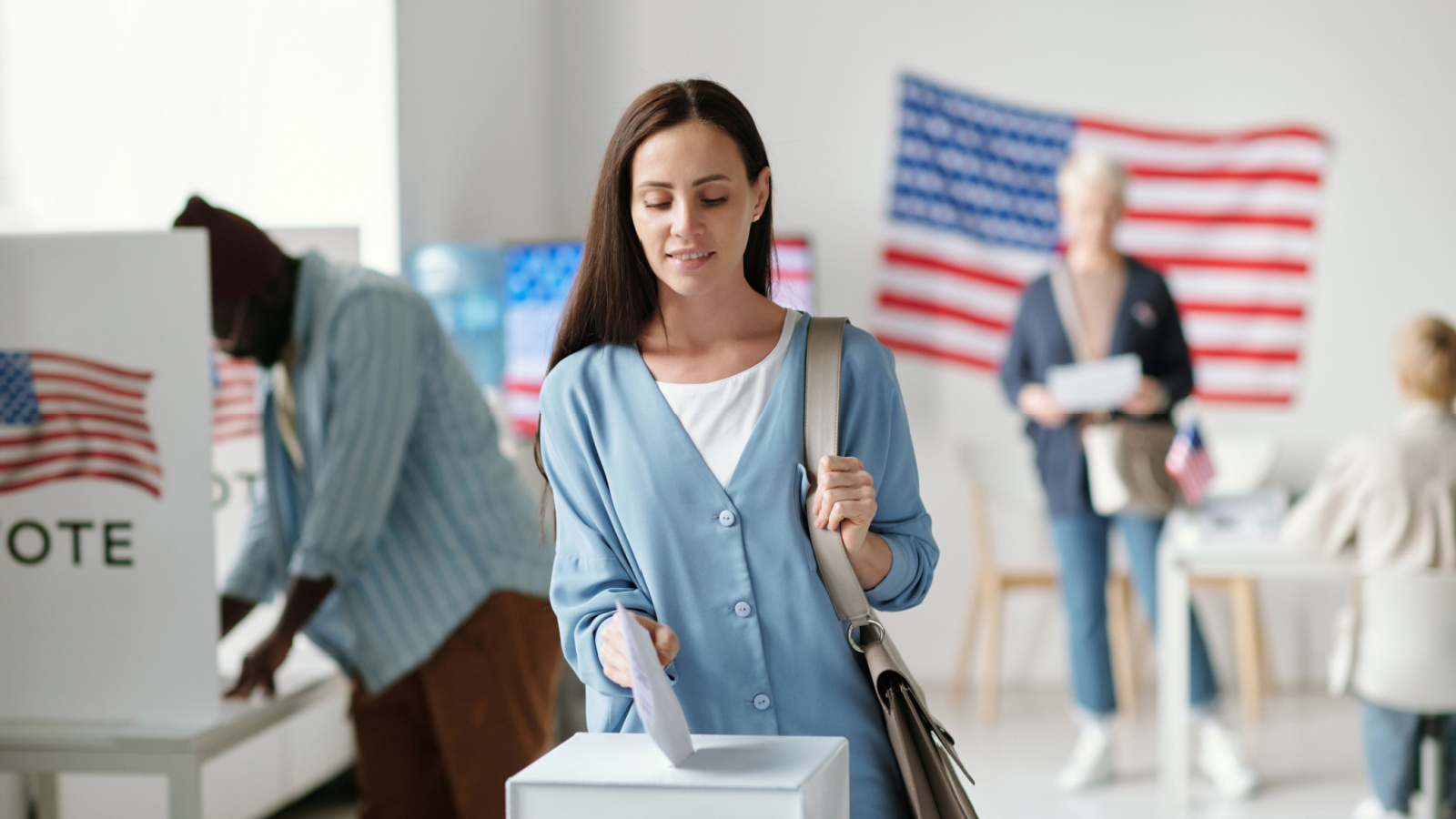
Noncitizen voting in federal elections has been explicitly illegal since the enactment of the Illegal Immigration Reform and Immigrant Responsibility Act of 1996. However, the law doesn’t prevent noncitizens from participating in certain local elections, with jurisdictions like the District of Columbia allowing noncitizen voting in nonfederal contests.
The District of Columbia’s Stance
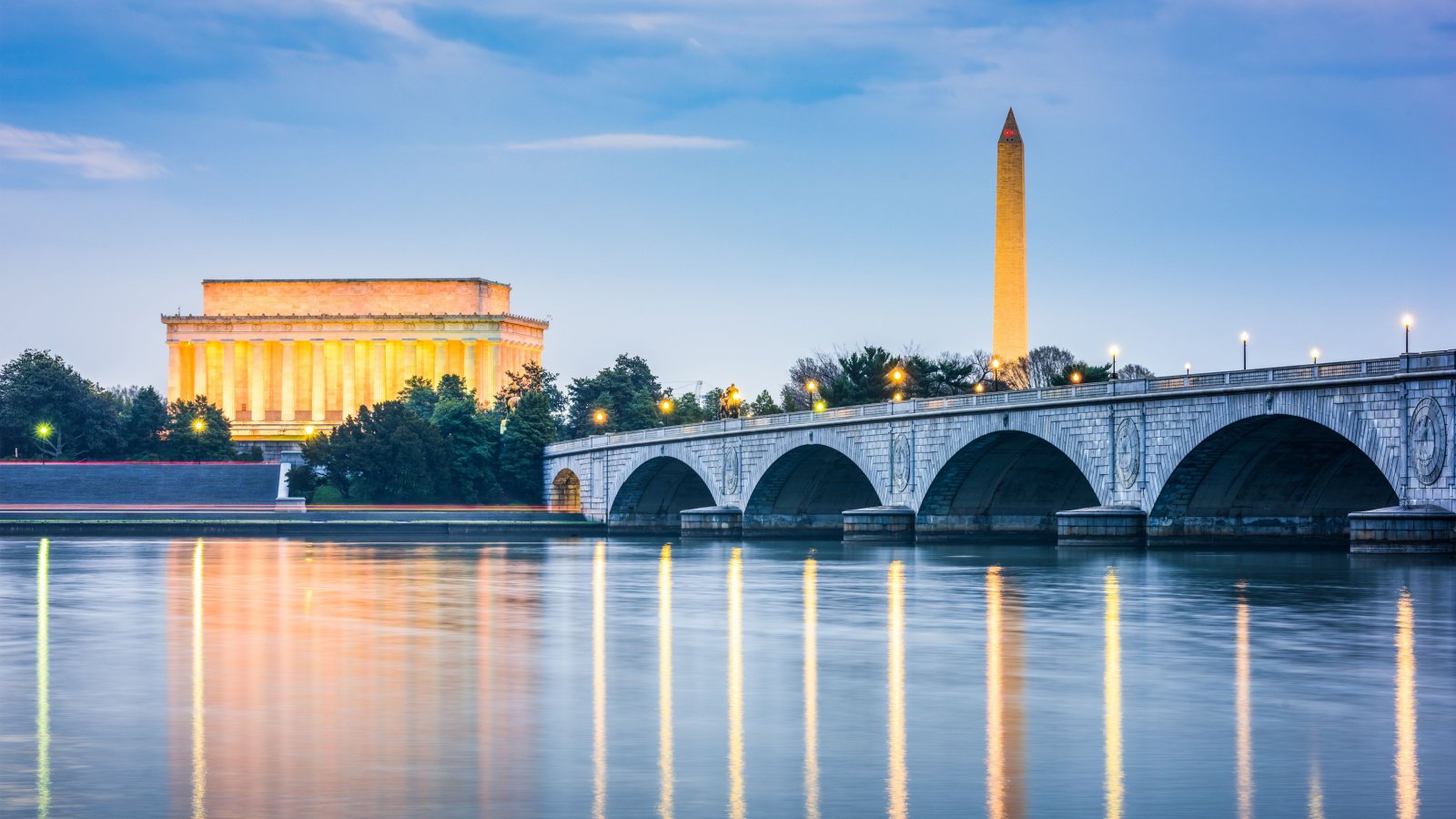
Recently, the District of Columbia passed a law permitting noncitizen residents to vote in local elections, a move that withstood legal challenges when a federal judge dismissed a lawsuit contesting this law in March.
Trump’s Immigration Rhetoric

The topic of noncitizen voting has been central to Trump’s broader narrative on immigration, framing it as a significant concern for the integrity of U.S. elections.
Trump’s Recent Criticisms

Trump recently took to Truth Social to express his views on immigration, specifically targeting President Biden’s policies. He accused Biden of attempting to transform undocumented immigrants into voters despite the complex and lengthy process for achieving citizenship and voting rights.
The Legal Path to Citizenship
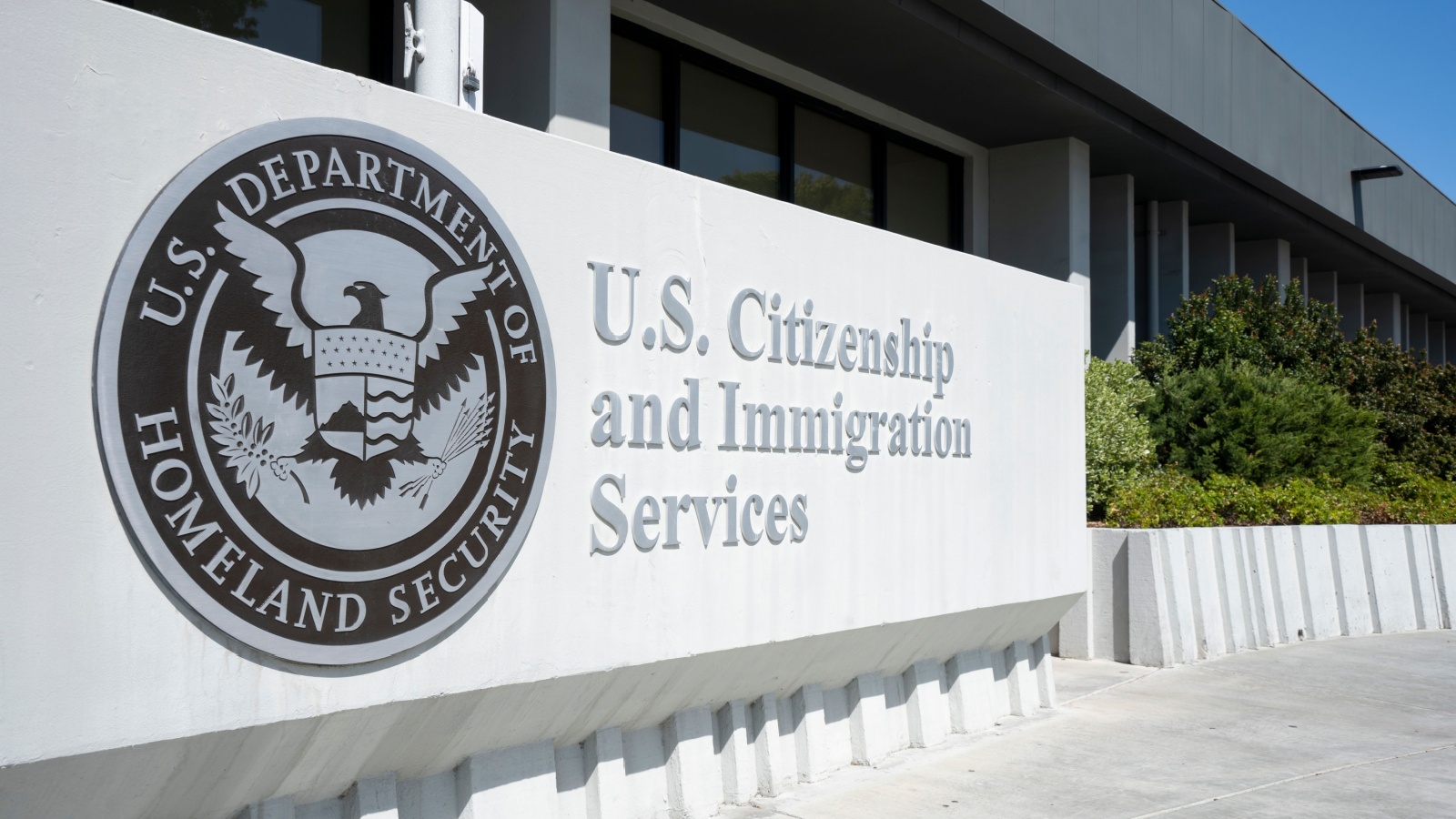
The process for undocumented immigrants to attain citizenship—and consequently, the right to vote—is a rigorous one, often taking years or even decades. Trump’s statements have sparked debate over the realities of immigration and naturalization in the United States.
The Political Implications
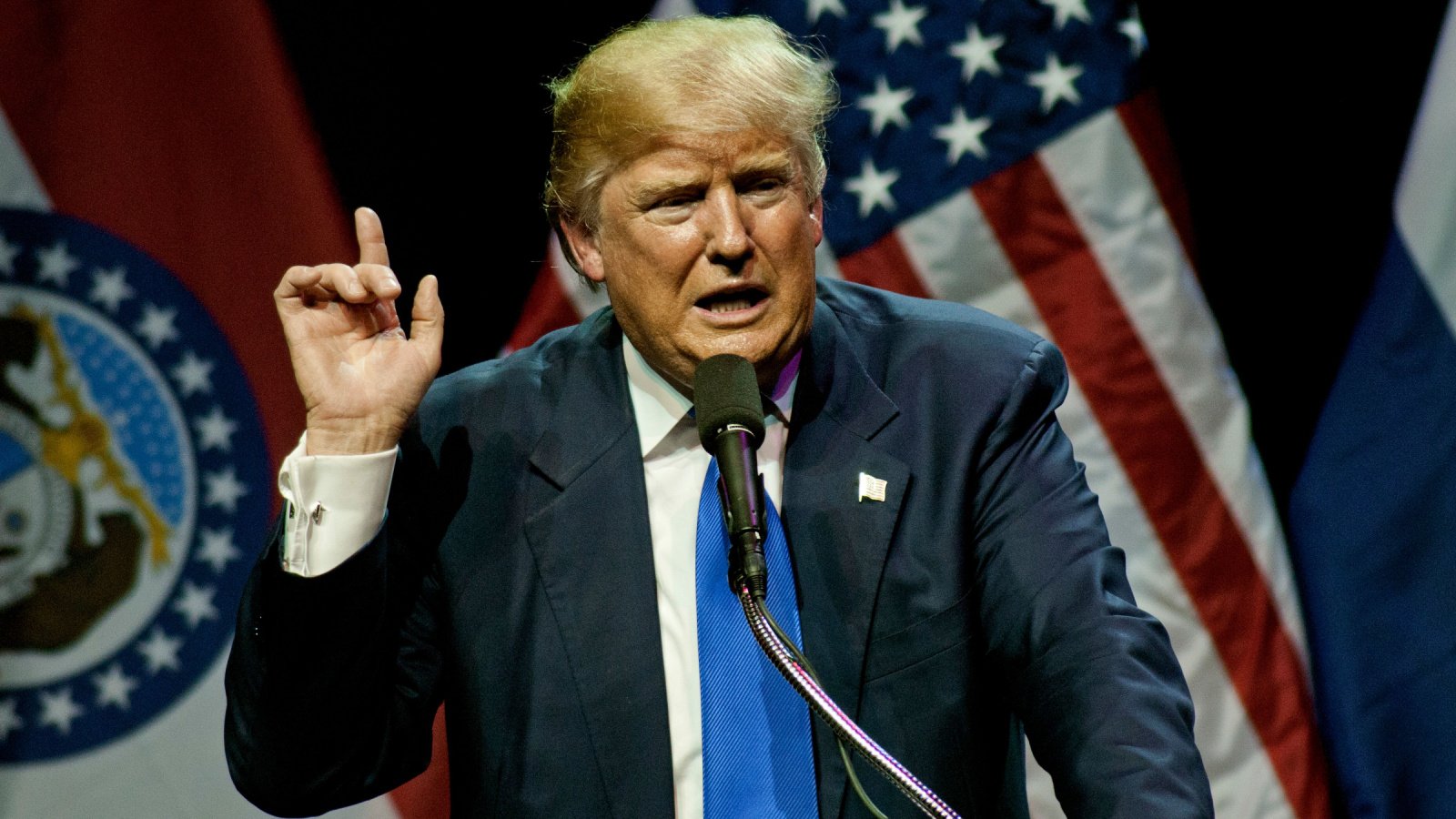
Trump and Johnson’s collaboration on this issue highlights the political dynamics at play within the Republican Party, showcasing how immigration and voting rights remain pivotal topics.
The Bipartisan Policy Center’s Findings

Research from the Bipartisan Policy Center suggests that there is no evidence to support the claim that noncitizen voting has impacted election outcomes, further complicating the narrative around this issue.
Legal Framework and Voter Fraud

The legal measures in place to prevent noncitizen voting underscore the complexity of the issue, with existing laws already prohibiting such actions in federal elections.
Looking Ahead
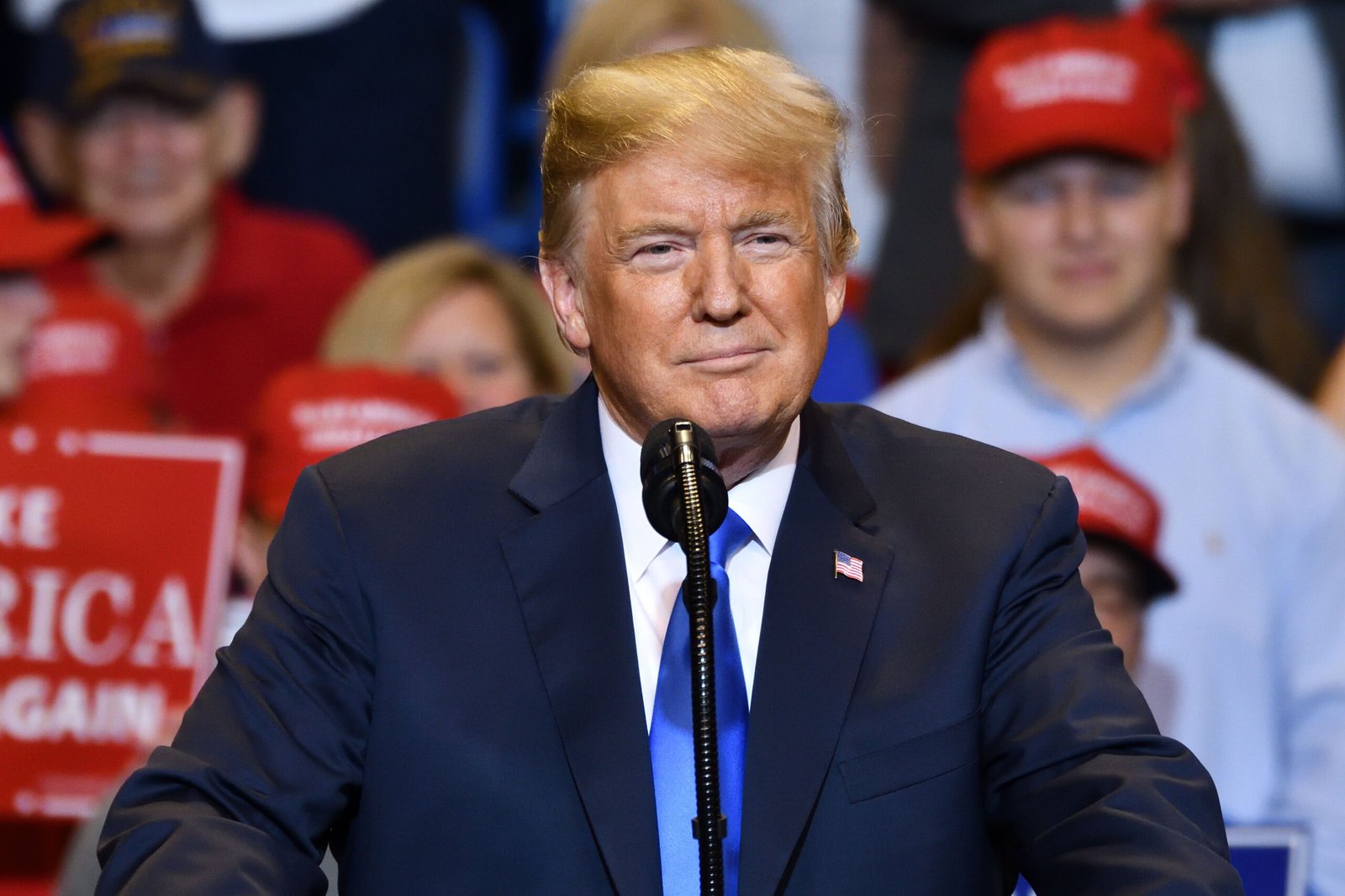
As Trump and Johnson prepare for their upcoming meeting, the political and legal landscapes continue to evolve, with the debate over noncitizen voting and immigration policies remaining at the forefront of national discourse.
Relationship Between GOP Leadership and Trump Ahead of Election
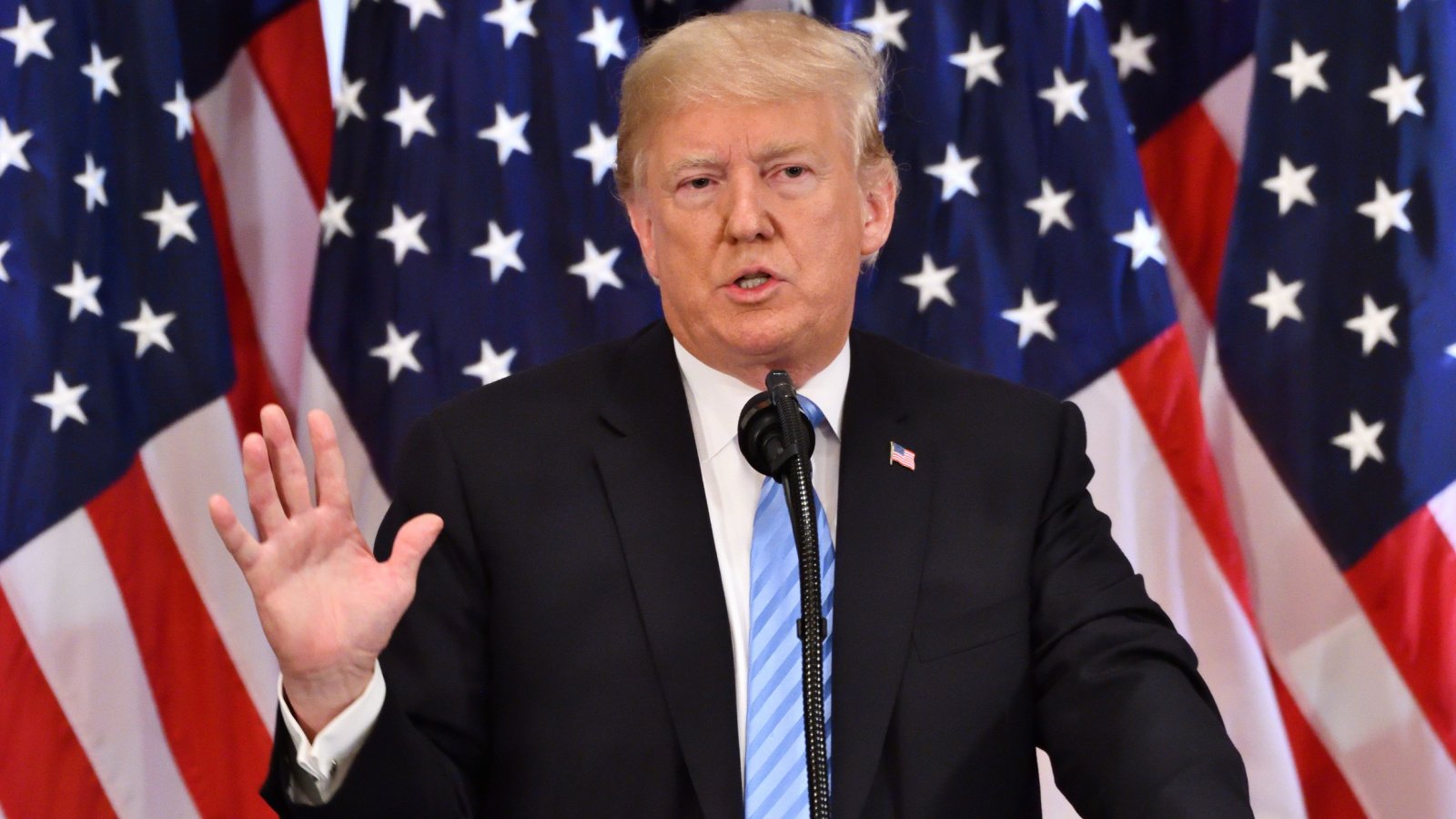
The GOP conferences in the House and Senate are legislating with an eye toward the intentions of the party leader, Donald Trump. The GOP seems to be taking steps now to align with the platform that will be adopted and espoused by Trump leading up to the November election. This alliance between Speaker Johnson and former President Trump could bridge the flailing relationship between the pragmatic Speaker and his ideological right flank.



